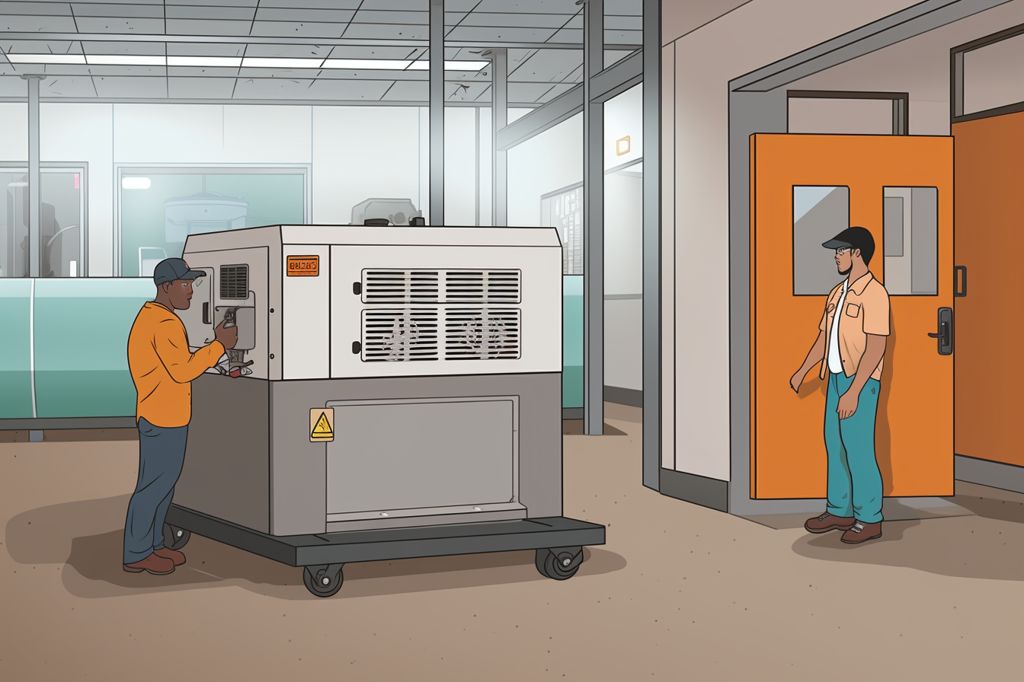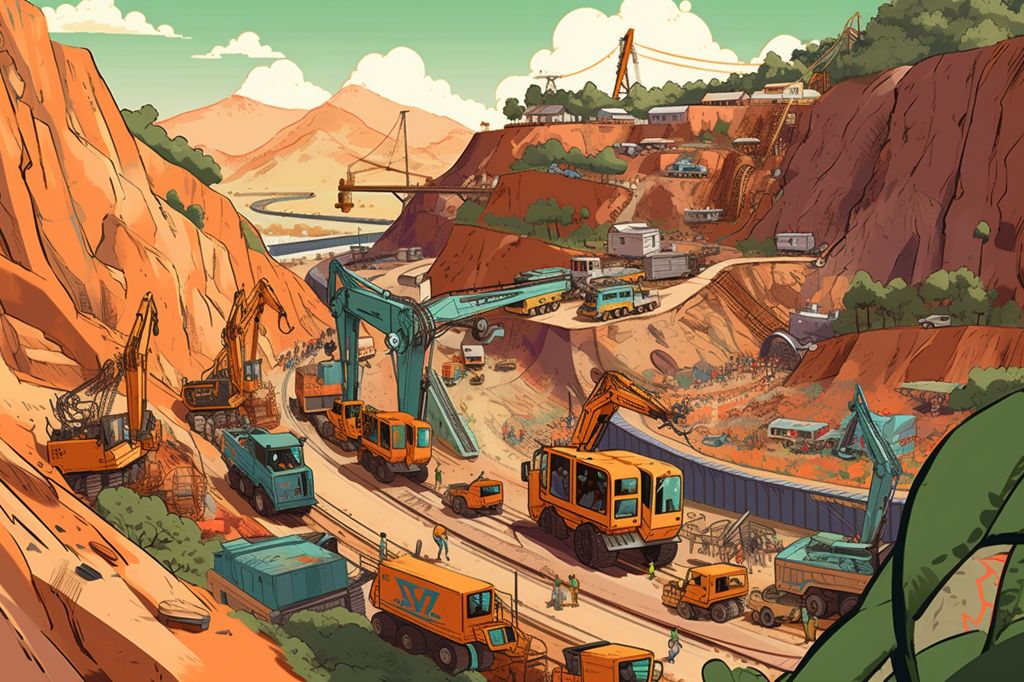The uMkhanyakude District has been facing ongoing water challenges, prompting Minister of Water and Sanitation Senzo Mchunu to embark on a two-day visit to KwaHlabisa and Mtubatuba municipalities in KwaZulu-Natal on May 11 and 12, 2023. The purpose of the visit is to provide comprehensive oversight of the refurbishment and upgrading of water supply schemes following the invocation of Section 63 of the Water Services Act, 108 of 1997, in February last year.
Appointment of an Implementing Agent
Intervention led to the appointment of Mhlathuze Water as an Implementing Agent to manage, operate, and maintain water and sanitation infrastructure. The uMkhanyakude District comprises four local municipalities: Big Five Hlabisa, Mtubatuba, Jozini, and Mhlabuyalingana.
Objectives of the Visit
During the visit, the ministerial delegation aims to assess the progress of water supply schemes in KwaHlabisa and Mtubatuba, address the water challenges faced by the communities, and consult with various stakeholders. The delegation will hold meetings with Mhlathuze Water, uMkhanyakude District, The Big 5 Hlabisa and Mtubatuba local municipalities, uMkhanyakude district Water User Associations, and the KwaZulu-Natal Provincial House of Traditional Leaders. Engagements with the communities of KwaHlabisa and Mtubatuba are also planned to provide updates and information on the water supply projects.
Itinerary
The itinerary for this oversight visit includes community engagements at Mkhaliphi Stadium, eNhlwathi, KwaHlabisa, and Iholo Lamakhosi (kwaHlabisa town) on May 11. On May 12, the delegation will conduct a project site visit to Bhoboza Water Supply Scheme and hold another community engagement at KwaMsane Sports Ground, Mtubatuba.
Government’s Commitment
This comprehensive oversight visit highlights the government’s commitment to tackling water supply challenges and ensuring that communities receive adequate and sustainable access to water and sanitation services. Journalists and members of the media are encouraged to attend and cover these events to share updates on the progress and impact of the water supply schemes in KwaHlabisa and Mtubatuba.
Importance of Community Engagement
As the visit progresses, the ministerial delegation and key stakeholders hope to gain valuable insights and understanding of the current state of water supply schemes in the two municipalities, as well as identify areas for improvement and further intervention. By engaging directly with the affected communities, the government aims to foster transparency, accountability, and collaboration in addressing these critical water supply challenges.












